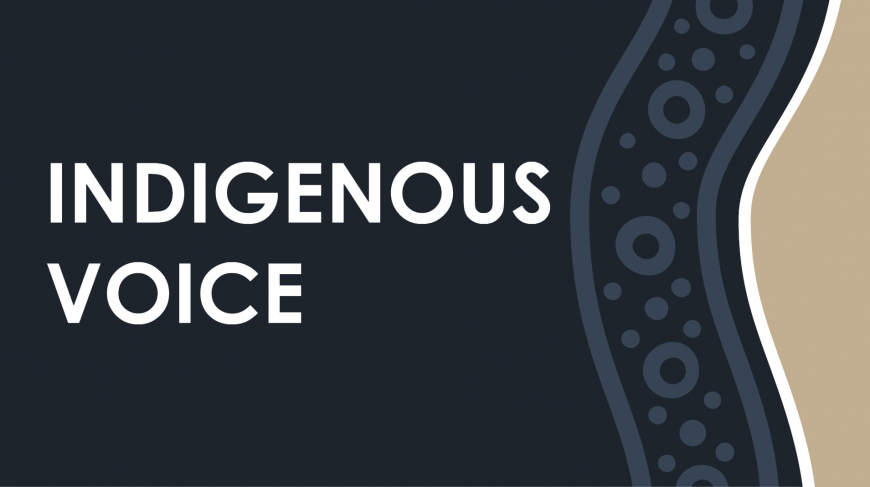Indigenous Voice must guarantee self-determination

In its submission to the Indigenous Voice co-design process, the Australian Human Rights Commission has called for a model that guarantees self-determination and independence from government, and is informed by international principles for the political representation of Indigenous peoples.
Providing greater control to First Nations peoples over decisions that affect them is strongly connected to positive wellbeing outcomes and can significantly help address existing challenges within communities.
A model for the Voice that enables self-determination is therefore critical for promoting strong and safe communities, where Aboriginal and Torres Strait Islander peoples are better able to transcend challenges and cycles of powerlessness.
This approach is supported by the United Nations Declaration on the Rights of Indigenous Peoples (UNDRIP) and the Principles relating to the Status of National Institutions (The Paris Principles). The Commission’s submission to the co-design process recommends that guidance be drawn from both these documents.
The UNDRIP emphasises the importance of “participation of Indigenous peoples in matters that would affect their rights, through representatives freely chosen by themselves”.
The Paris Principles provide a useful list of requirements to ensure that an organisation is robust and able to operate with an appropriate level of independence.
The Commission’s submission details a list of principles to help guide the operation of the Voice and ensure its credibility and effectiveness.
These principles include ensuring the Voice has:
- A broad mandate, clearly set out in a constitutional or legislative text, which extends to commenting on policy issues, educational and promotional activities, as well as engaging in legal processes that affect Aboriginal and Torres Strait Islander peoples;
- A mandate to submit to the Government, Parliament and any other competent body, opinions, recommendations, proposals and reports on any matters concerning Aboriginal and Torres Strait Islander peoples;
- The capacity to independently publicise views and reports;
- Processes for selecting representatives that reflect the diversity of Aboriginal and Torres Strait Islander peoples – including gender equality. These should also enable the participation of all First Nations peoples.
The Commission’s submission also provides recommendations for mechanisms that are intended to give effect to the principles of self-determination, independence and effective representation, including:
- Sustainable funding mechanisms, which are vital for the ongoing effectiveness of the Voice;
- Mechanisms to ensure accountability, such as Aboriginal and Torres Strait Islander participation in Senate Estimates processes, and ensuring that views of the Voice are heard in parliamentary debates on bills that significantly affect Indigenous peoples;
- The establishment of an Ethics Council within the Voice to adjudicate on matters of governance and ethics;
- Measures to ensure gender equality, to make certain that the voices of women and girls are represented at every level of decision-making;
- A permanent standing committee for First Nations women alongside those already proposed for young people, and people with disability.
The Commission’s submission responded to proposals outlined in the Interim Report, which was published in January 2021, as part of stage two of the Indigenous Voice co-design process.
You can read the commission’s submission here: https://humanrights.gov.au/our-work/legal/submission/australian-human-rights-commission-submission-indigenous-voice-co-design
